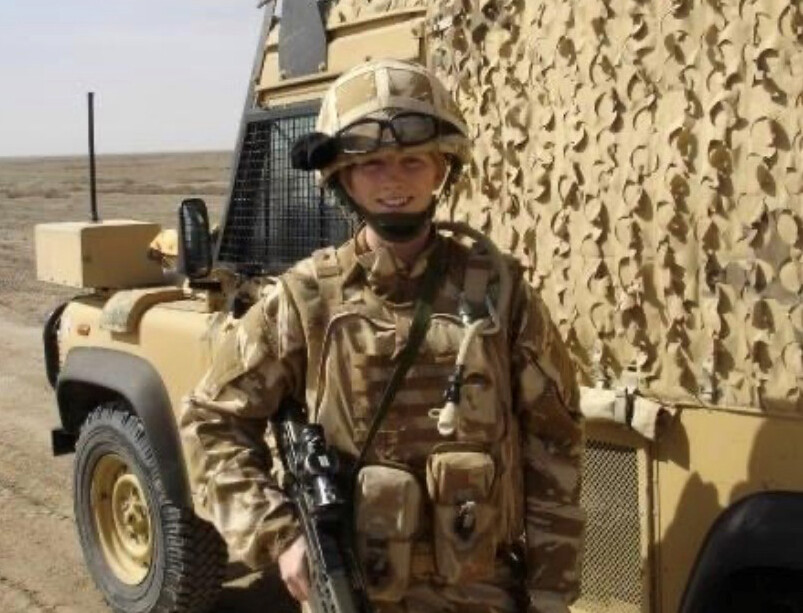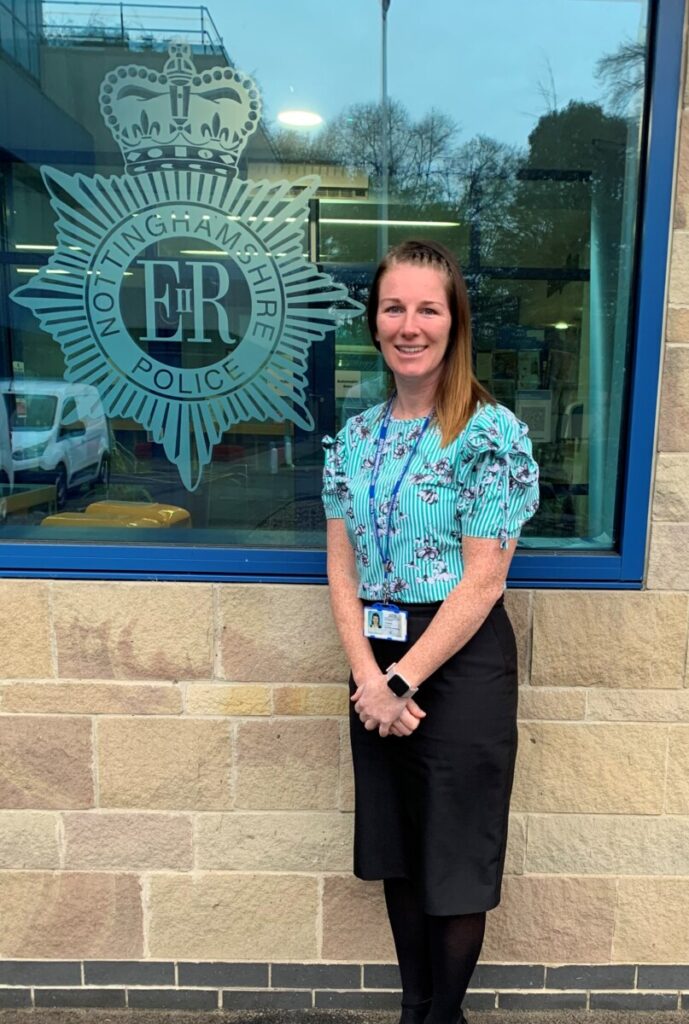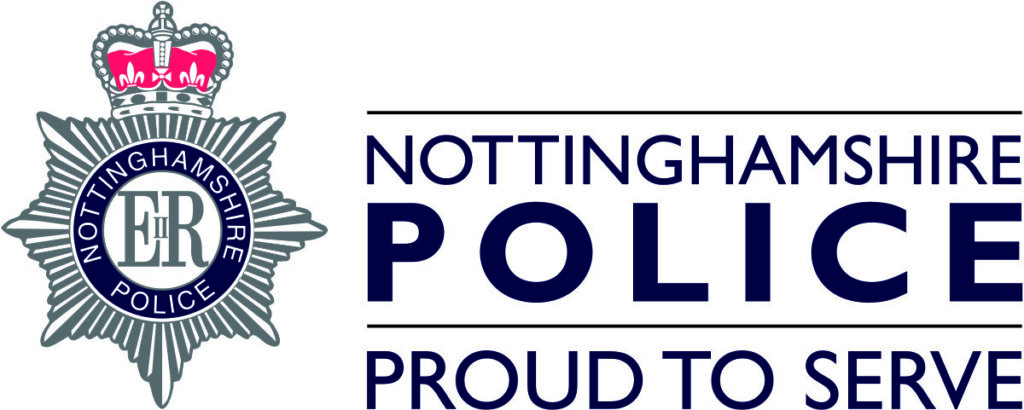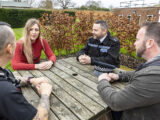
Civvy Life – Getting IT right
Toni McMonigle is a former Royal Signals radio operator and is now a digital support centre manager with Nottinghamshire Police.

What’s your Military background?
I joined in 2003 as a radio operator with the Royal Corps of Signals. I did about six and a half years’, during which time I’d been stationed with the 4th Armoured Brigade in Osnabrück and then 14 Signal Regiment in Brawdy, Wales as well as a tour of Iraq. I left in 2010.
How was resettlement?
I did a resettlement course with Cable Telecommunications Training Services Ltd (CTTS), for cabling network configuration and installation of cable fibre. I then went to Afghanistan as a contractor for a company owned by a French defence company. I spent 2 years working in Afghanistan supporting the communication platform that armed forces used across the country, I was based with the German and American armies as a civilian but obviously, to get that role, it helped having that Military background.
I used ELC credits towards the costs of the course. I did the contracting which was quite IT based for a couple of years and then decided that I needed a bit of normal life, so I applied to Nottinghamshire Police. I quite liked the idea of coming into a police force. I kind of anticipated that it would be a similar structure and working environment to what I was used to in the Military.
Did you add anything else to your qualifications?
So, an IT standard qualification, is the ITIL which stands for IT Infrastructure Library, so I did that to give me more of an understanding of how things work outside of the Military. Basically, it’s about best practice regarding how to run an IT organisation.
Notts Police seem to have a very good relationship with Service-leavers and Veterans…
We have a working group of ex-Forces personnel from different Services. It’s a working group, with a bit of community, so to speak. In IT, I think we must have about six or seven people that are actually ex-Forces.
One of the other things that attracts me to remain with Nottinghamshire Police, is the benefits. I play a lot of sport for the force. I play in the force’s netball team and also play rugby for the British Police team.
What do Veterans bring to the policing role?
Handling things under pressure is a good skill. I guess, having an operational background means that you can relate to the policing world. Having IT equipment working and serviceable is really important. Understanding that allows you to understand the pressures of the control room; for them to be able to talk to members of the public and vice versa. I can relate it to my role in the Military as a radio operator. If that isn’t working, your commanders can’t talk to the battlefield.
My role is about supporting my teams and improving service to enable officers and staff to perform their roles. My teams look after everything from managing IT access, to building laptops and workstations, fixing IT hardware faults, ordering of IT equipment, supporting specialist areas of the business to include the control room and custody as well as investigating technical problems.
We look after everything IT related that anyone in the force needs.
When do you find yourself using your Military acquired skills and attributes?
It’s going to sound really minor but the discipline and structure, such as standards for how to manage and store things in an orderly manner. I look after the IT refresh budget for my area and I’m involved in projects and new technologies, so I think, even the minor things like that – and I guess, having to think fast on your feet.
What’s the best thing about what you do?
It’s definitely a bit more relaxed (compared with the Army). Having said that, there are obviously situations that come through when we have to react and just drop everything. What I do like about working for Nottinghamshire Police, is it’s making a difference. What we do in IT, although we’re not on the front line, actually, the support that we give, allows officers to deliver that service to the public.
It’s really important that we can support them and give them the right tools. From supporting the IT requirements of our enabling services including people services, finance and learning and development, whilst also introducing modern cloud technologies and in house developed applications, no two days are the same.
We started with our front-line officers going out with just a mobile phone but now equip them with a multitude of technologies, including laptops, airwave radios, mobile phones and body worn cameras. It just gives officers the best tools to serve the community, so I think, for me, it’s about that. You feel that you’re doing good.

As an employee of Nottinghamshire Poilice, the support element is quite important to me. They’re quite hot on wellbeing and have good welfare services, ranging from webinars relating to dealing with stress and anxiety, through to menopause for females.



